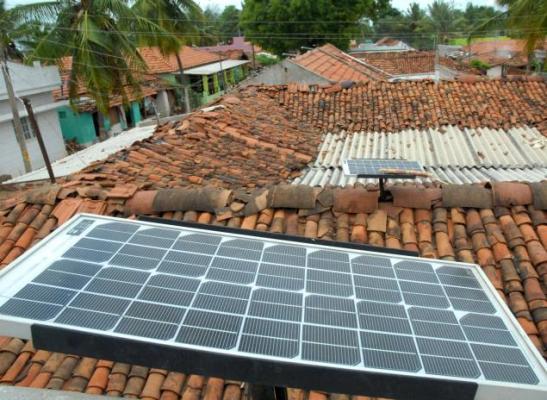The solar industry in Tamil Nadu got a major setback recently when an appellate body set up for settling power sector disputes has set aside the state government’s rule requiring industries to meet a portion of their energy needs through solar power.
The Solar Purchase Obligation (SPO) order from the TN government mandates HV power companies to buy 3 percent of solar power for 2013 and 6 percent for 2014 onwards. Tamil Nadu, thus, became the only state to have such mandatory requirements for solar power use, and the Tamil Nadu Electricity Regulatory Commission had approved the plan.
The government’s plan was to set up at least 1,000 MW of solar power capacity a year.
A month later, the state government directed TNERC to issue orders on the implementation of the solar policy to heavy power users including information technology parks, special economic zones, telecom towers, educational institutions and buildings with over 20,000 sq ft area.
But a year ago the Tamil Nadu Electricity Consumers Association filed a challenge with the tribunal saying there was already a renewable energy obligation upon commercial consumers, which included wind energy and a small portion of solar energy as per a TNERC order of 2010.
The association also challenged the state government’s directive to the TNERC on implementing the solar policy.
Soon, the Tamil Nadu Spinning Mills Association also filed a case saying that while they were not challenging the policy, there was insufficient installed capacity of solar energy promoted by the state or third party suppliers. They also argued the mills had invested in windmills over the last few years and were thus already meeting their renewable obligation.
Industry experts view this judgment as a major setback to the state’s solar strategy. The order is likely to have a negative impact on the 1,000-megawatt tender process invited recently and the signing of power purchase agreements. Over 50 solar developers have signed the letters of intent to set up nearly 700 MW capacity, but the power purchase agreements have not been signed yet.
The judgment clearly indicates lack of coordination among various state and regulatory bodies, including the state government, the state utility (TANGEDCO) and the electricity regulatory commission (TNERC), industry observers said.

